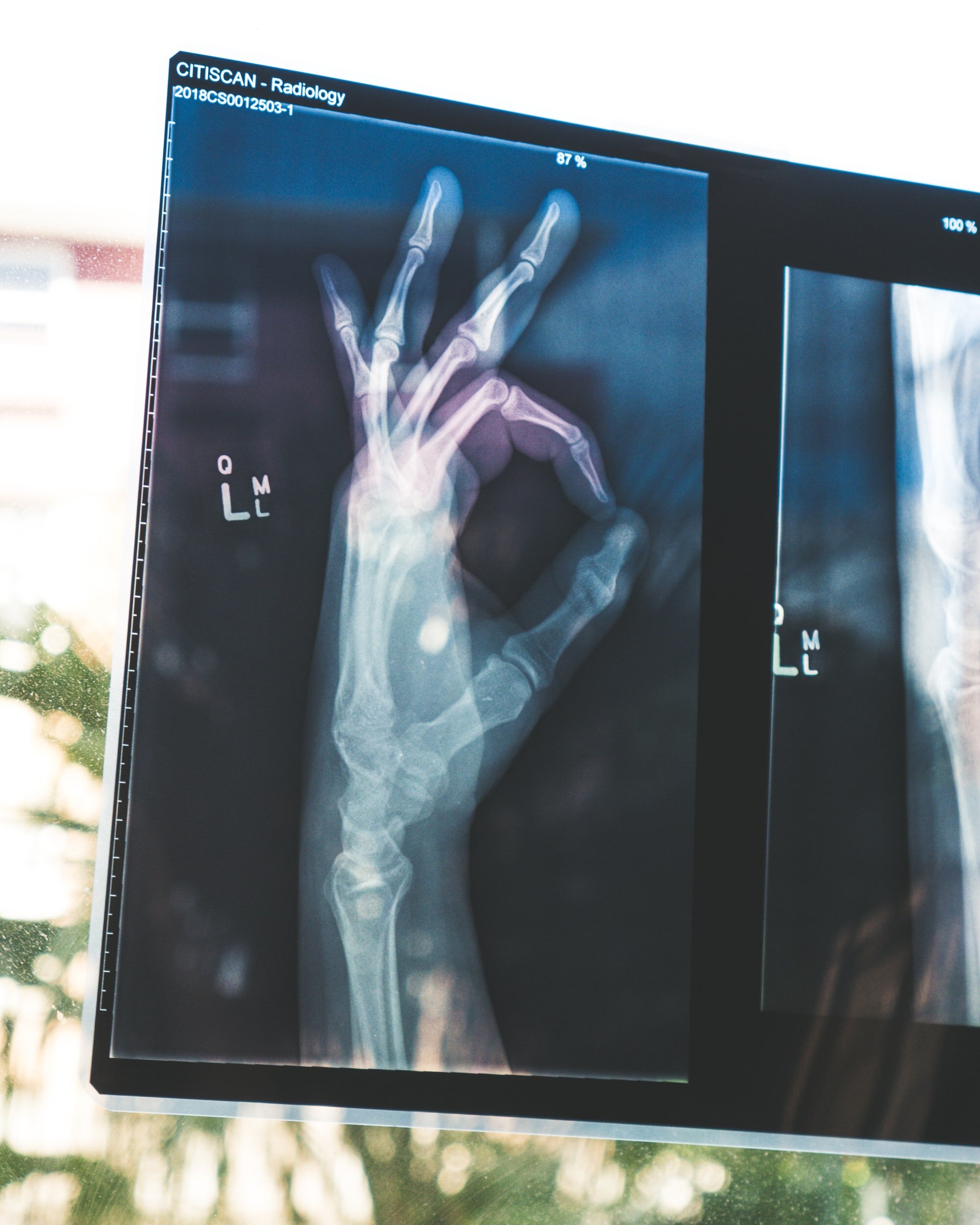Bone Health and Fracture Prevention for the Elderly
You don’t need to be diagnosed with Osteoporosis in order to consider the health of your bones.
Being aware of nutrition and exercise can build confidence in your ability to remain healthy and prevent fractures.
According to the National Institutes of Health, a diet rich in calcium and vitamin D, an adequate daily intake of protein, low sodium intake, and plenty of exercise, is a great regimen for keeping bones healthy.
Calcium is needed to maintain healthy, strong bones throughout your life. Unfortunately, most Americans do not get enough calcium from their diets. Dairy products such as milk, cheese, and yogurt are excellent sources of calcium, and some nondairy foods such as broccoli, almonds, and sardines can provide smaller amounts. In addition, many foods that you may already enjoy—juices, breads, and cereals—can now be found fortified with calcium. Calcium supplements can ensure that you get enough calcium each day, especially in people with a proven milk allergy. The Institute of Medicine recommends a daily calcium intake of 1,000 mg (milligrams) for men and women up to age 50, increasing to 1,200 mg for women over age 50 and men over age 70.
Vitamin D plays a significant role in helping your body absorb calcium. The relationship between calcium and vitamin D is similar to that of a locked door and a key. Vitamin D is the key that unlocks the door, allowing calcium to enter your bloodstream. As we age, our bodies become less able to absorb calcium, which makes getting enough vitamin D even more important. The recommended daily intake for vitamin D is 600 IU (international units) up to age 70. Men and women over age 70 should increase their uptake to 800 IU daily. Many people get this amount by consuming vitamin D-fortified foods such as milk. In addition, many calcium supplements are fortified with vitamin D.
Sodium, a main component of table salt, affects our need for calcium by increasing the amount of it we excrete in urine. As a result, people with diets high in sodium, or table salt, appear to need more calcium than people with low-sodium diets to ensure that, on balance, they retain enough calcium for their bones.
Protein in excess amounts also increases the amount of calcium we excrete in urine, but it provides benefits for bone health as well. For example, protein is needed for fracture healing. In addition, studies have shown that elderly people with a hip fracture who do not have enough protein in their diets are more likely to experience loss of independence, institutionalization, and even death after their fracture. The recommended daily intake for protein is 56 grams for men and 46 grams for women.
Exercise can reduce your risk of fracturing in two ways—by helping you build and maintain bone density and by enhancing your balance, flexibility, and strength, all of which reduce your chance of falling.
Building and maintaining bone density: Bone is a living tissue that responds to exercise by becoming stronger. Just as a muscle gets stronger and bigger with use, a bone becomes stronger and denser when it is called upon to bear weight. Two types of exercise are important for building and maintaining bone density: weight-bearing and resistance. Weight-bearing exercises are those in which your bones and muscles work against gravity. Examples include walking, climbing stairs, dancing, and playing tennis. Resistance exercises are those that use muscular strength to improve muscle mass and strengthen bone. The best example of a resistance exercise is weight training, with either free weights or weight machines.
Reducing the risk of falling: You can significantly reduce your risk of falling by engaging in activities that enhance your balance, flexibility, and strength.
Balance is the ability to maintain your body’s stability while moving or standing still. You can improve your balance with activities such as tai chi and yoga.
Flexibility refers to the range of motion of a muscle or group of muscles. You can improve your flexibility through tai chi, swimming, yoga, and gentle stretching exercises.
Strength refers to your body’s ability to develop and maintain strong muscles. Lifting weights will increase your strength.
Broad Street values prevention. Our Personal Assistants and Professional Network can supplement your lifestyle with custom exercises and diet plans. For more information, call us at 847-728-0134.
Source:

